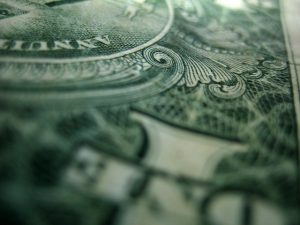 by Michael Tarsala
by Michael Tarsala
There are three reasons to think that the Fed’s latest fiscal stimulus announcement will be impactful and that it could do more for the economy and perhaps the stock market than even its second round of stimulus in 2010.
1) The purchases are open-ended.
For the first time, the Fed has linked QE to an economic outcome, rather than a specific dollar amount or a timeframe. It’s going to keep buying assets until the unemployment rate drops or inflation starts to rise to the point where they need to stop the program. As a result, the size and impact may be as significant as the first QE.
Think about how this helps if you are an employer. You already know that the Fed is committed to keeping rates low for years. Now, monetary policy also will also be encouraging risk-taking for the foreseeable future.
It’s not an overnight fix for the economy. But just knowing what’s coming down the pike from a policy perspective should help companies to make hiring decisions and expansion plans, and could encourage that type of risk-taking.
2) The Fed is focusing on asset-backed securities.
In terms of stock market impact, QE1 was impactful than QE2. You have to take into account that assets were extremely beaten down before the first round of QE, so that played a big part as to why the rebound was so strong. The size of it also mattered.
But also, the Fed focused on buying asset-backed securities in the first go-around, not just Treasuries. I think that is another reason why QE1 created more bang for the Fed’s buck than QE2. I think it has a greater chance of spurring lending than Treasury buying, and that It makes sense to go down that road again.
3) This puts the investment focus on stocks.
As Josh Brown put it, the question is no longer bonds vs. stocks. It’s what kind of stocks.
The latest announcement may put the focus on the most economically-sensitive stocks in the short-term.
Longer term, it may continue to make the case for dividend-paying stocks that will pay fatter yields than Treasuries and also have some potential appreciation.
Photo by: Dennis Mojado



